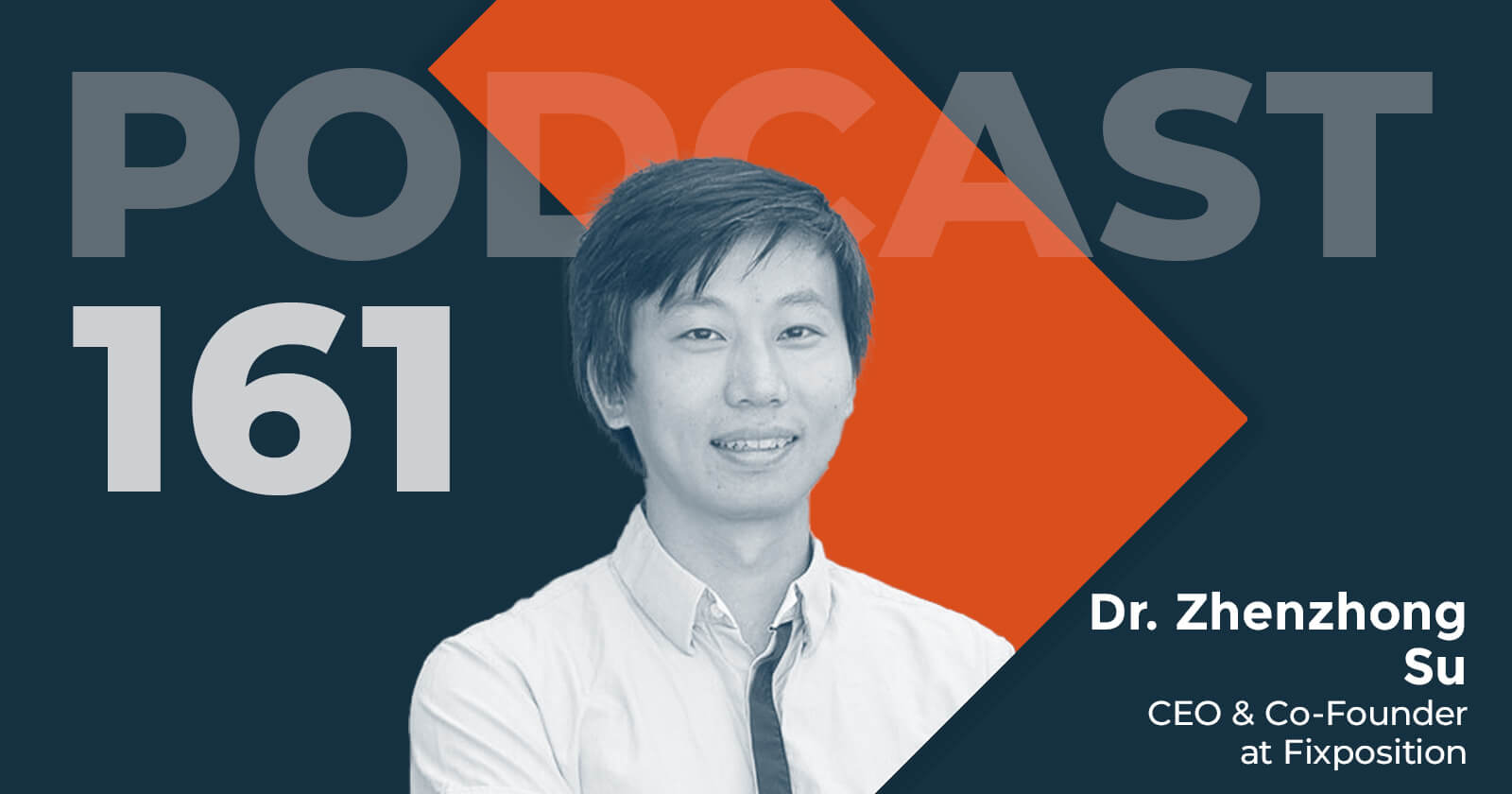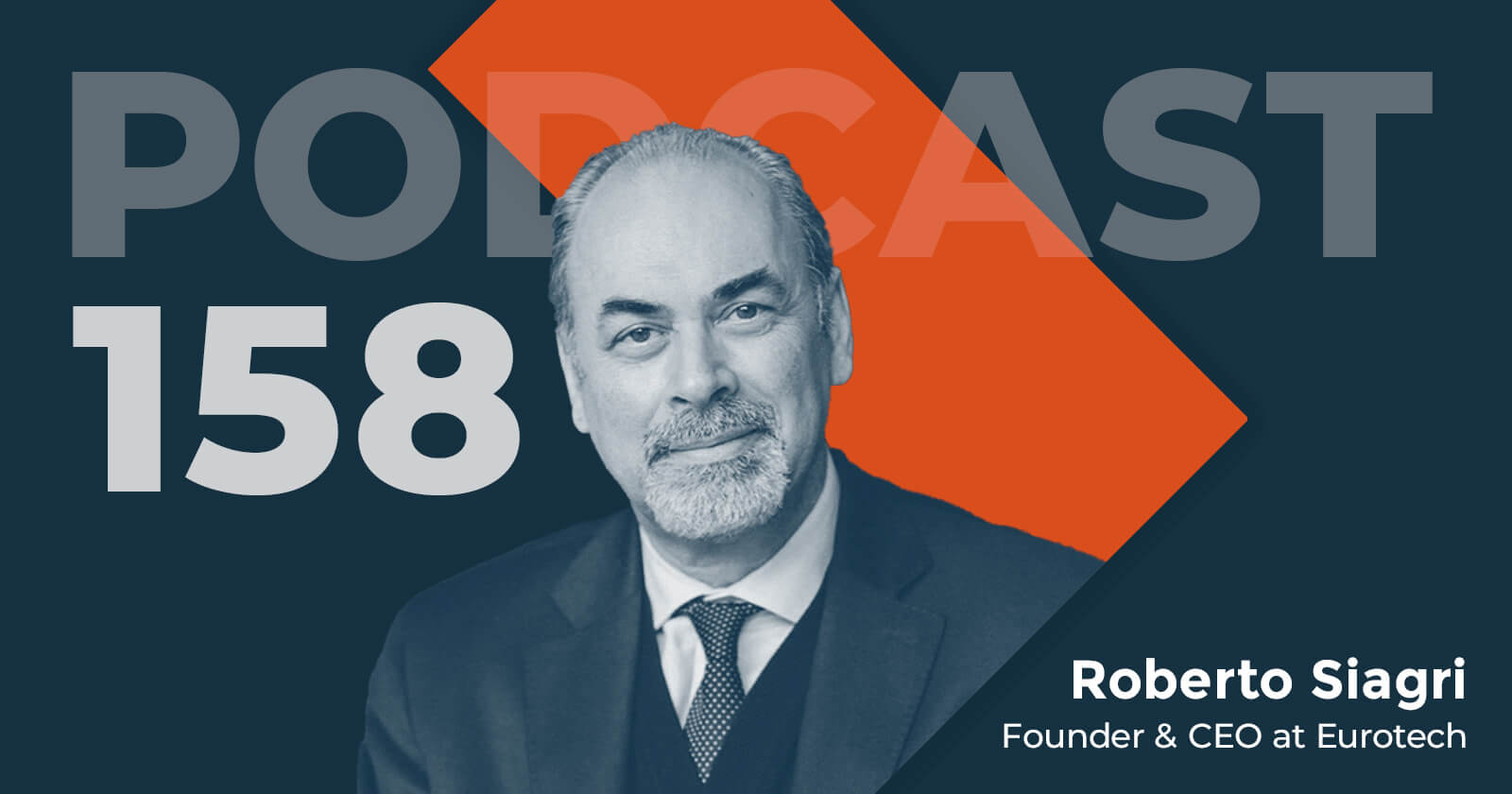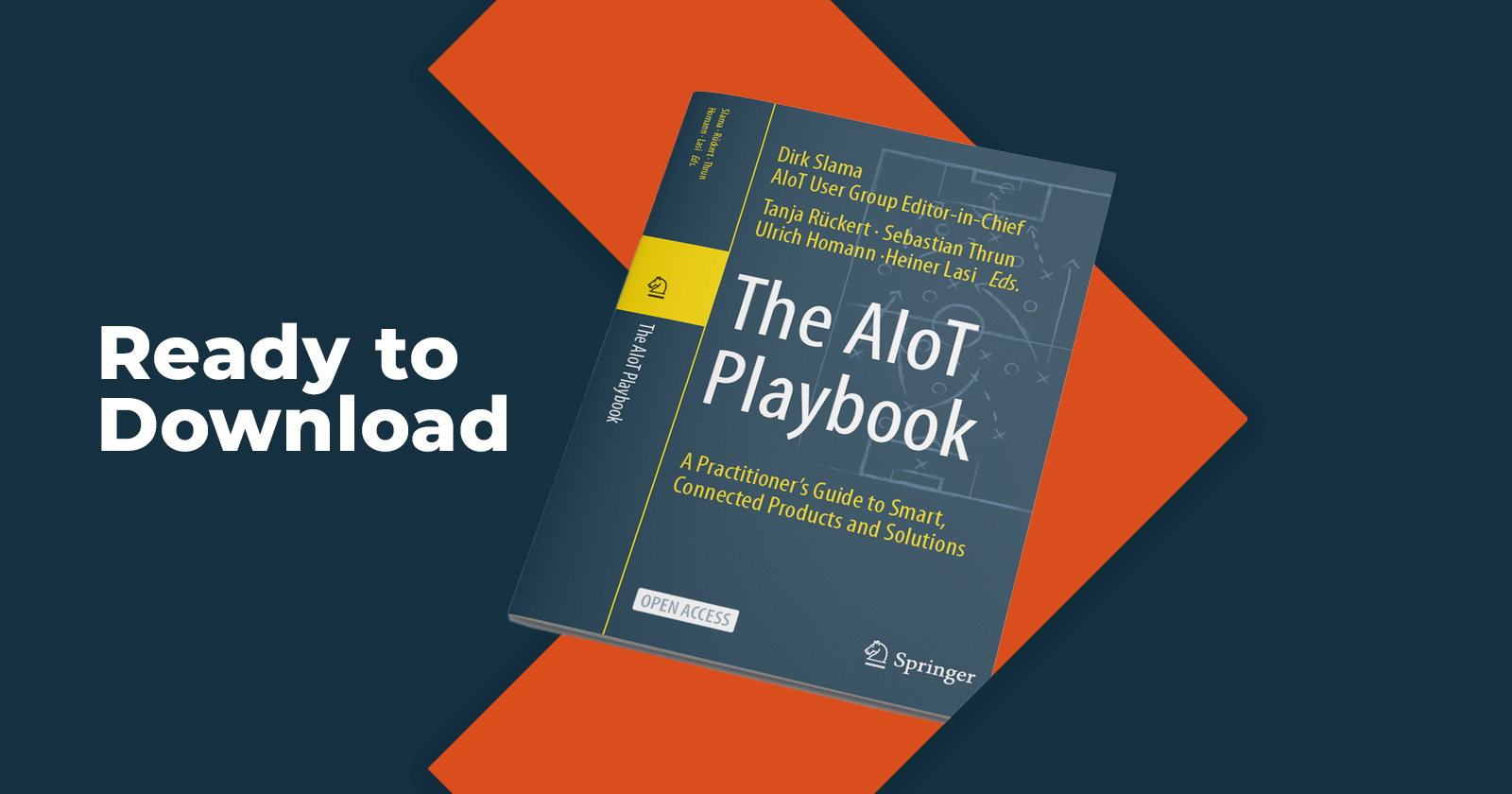Digital Industry Insight #19
The Perils and Triumphs of Industrial Digital Transformation
Doug Harp
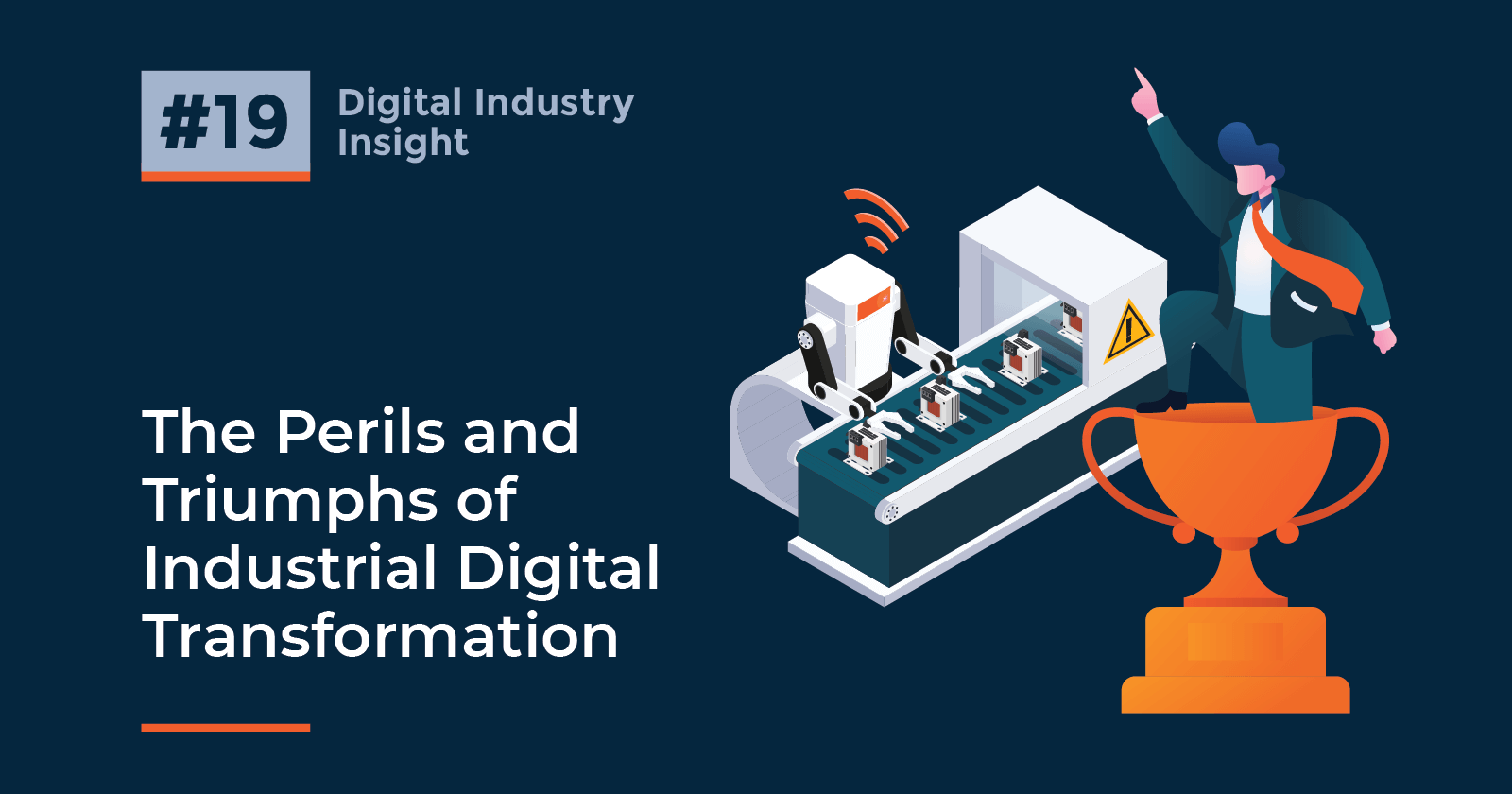
For those who attended our recent webinar Digital Industry M&A – Bringing Clarity to Chaos, you may find this blogpost a handy recap of the major points I covered during the event. If you missed the event, we welcome you to check out the full recording.
The global manufacturing output is at 15T dollars annually, roughly 16 cents for every dollar of GDP created annually. The foundation for positive change is enormous. Separately, there is not a single day passing by we don't hear people talking about Industry 4.0 and suggesting 5G, Edge Computing, and AI as the transformative forces reshaping the manufacturing industry. As a matter of fact, a decade has passed since the term Industry 4.0 was coined. One would assume that there will be the equivalent of next Amazon, Google, and Microsoft on the horizon now for Industrial digital transformation. The fact that we could not readily come up with such a name really begs some deeper soul-searching on why that is the case.
 Probing a bit deeper, the challenges and perils of innovating in the industrial world are not that hard to spot. I would like to name three most prominent ones:
Probing a bit deeper, the challenges and perils of innovating in the industrial world are not that hard to spot. I would like to name three most prominent ones:
- Fragmented Market - You perhaps noticed the horizontal IT solutions like SFDC and NetSuite achieved unbelievable success by selling one type of software across many verticals with just tweaks in configuration. However, that does not work in the industrial world. A perfectly developed predictive maintenance solution for the stamping process in an auto plant will have little to do with predicting the failure of the beer brewing process. That is because the physical laws governing both manufacturing processes are very different, something IT solutions do not have to worry about.
- IT-OT Divide - Solving Industrial IoT problems requires converging data, systems from both the IT and OT. However, the people from those camps cannot be more different. One speaks cloud security, the other speaks air-gapped security. One operates in the team-oriented DevOps environment, the other works as a Jack-of-all-trades hero in a remote plant. As you can see, the divide cuts across technology, knowledge, and behavior gaps. It is a complex multi-dimensional issue, which took decades to develop and won't disappear overnight.
- Last-Mile Deployment - We take for granted that it takes just 5 minutes to create a Google, Trello, or Slack account and in turn you can be productive with a new SaaS tool. However, for an industrial IoT user, there is rarely such luck. You may need extra sensor to instrument your end point equipment. You may need local training of the packaged machine learning model to be effective, in that machine you are using. Those often require a physical visit from either the solution provider or their partner.
While these prominent roadblocks, if left unaddressed, could derail your entire digital transformation journey. Smart companies are unfazed and find their ways around them, leveraging creative M&A deals. Here are three mini-case studies on triumphing over those challenges.
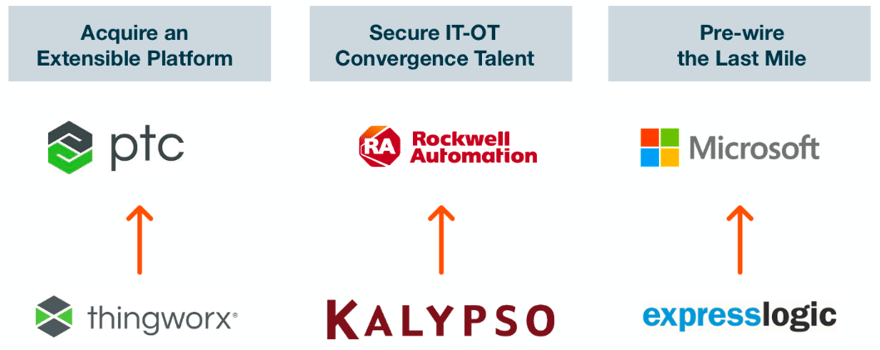
- Acquire Extensible Platform - PTC was a long-time leader in Engineering software such as PLM and CAD. When it decided to enter the Industrial IoT market in 2013, it chose an extensible IoT solution development platform called ThingWorx and developed an IoT app marketplace around it. This allows both its internal units and 3rd party solution providers to build an eco-system of solutions.
- Secure IT-OT Convergence Talents - Rockwell Automation is one of the largest OT hardware and software vendors in the world. The way it solved the IT-OT convergence problem was through buying a market-leading consulting firm called Kalypso. Kalypso's team consists of hybrid talents with decades of experience from both IT and OT domains. They have also created a customer-oriented culture encouraging their IT and OT talents to collaborate tightly to meet client's demanding needs. Rockwell Automation greatly reduced its own digital transformation learning curve through this acquisition.
- Prewire the Last Mile - To make Azure IoT more accessible, Microsoft needs a scalable way to connect to diverse end-point devices, such as AC units, medical devices, temperature sensors, which all operate with very different software stacks, requiring diverse last mile SDKS/adaptors. Microsoft solved this problem by buying the RTOS company Express Logic and pre-wiring the far edge devices with its IoT hub, thus preempting some of the last-mile issues. Considering Express Logic has an install base of 6B devices, this acquisition gave Microsoft a major boost in deploying to diverse end point devices.
The above M&A approaches are not the only solutions to the challenges in the industrial world. However, it showcases the resourcefulness and creativity, which innovators are willing to tap into to unleash the power of Industrial Digital Transformation.
Digitalization opportunities are not just for the “BIG Corporations”. Mid-size companies can benefit from it too! Digitalization is about being open to re-evaluating the entire business and understanding where there are unrealized opportunities. The smaller size, when translated into agility, would become an added advantage in leveraging both M&A and organic strategies to accelerate digital transformation.
At Momenta, as Digital Industry strategists and M&A advisors, we would like to find out the unique challenges you run into and learn more about your own moments of triumph. Feel free to connect with me through LinkedIn or write directly to our PE and M&A practice experts (pema@momenta.one) to start a dialog today!

Momenta Partners encompasses leading Strategic Advisory, Talent, and Venture practices. We’re the guiding hand behind leading industrials’ IoT strategies, over 200+ IoT leadership placements, and 40+ young IoT disruptors. Schedule a free consultation to learn more about our Digital Industry practice.

